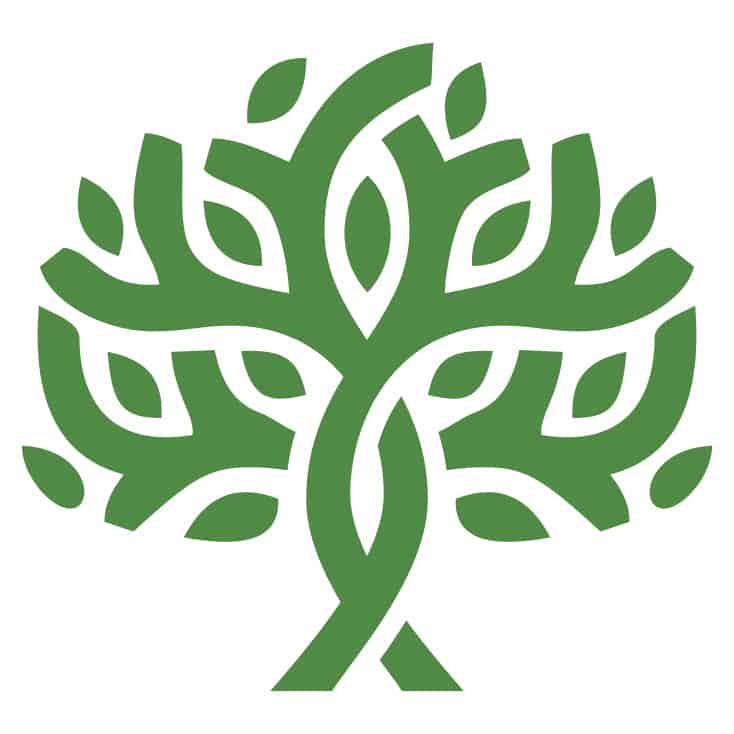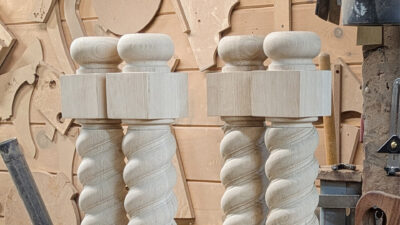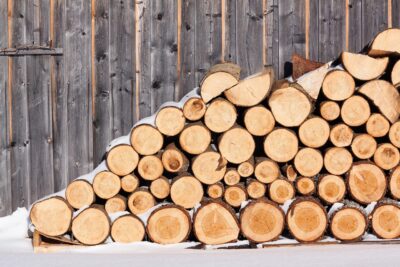In May, the Softwood Export Council (SEC) received a grant from the U.S. Department of Agriculture (USDA) Foreign Agriculture Service’s Regional Agricultural Promotion Program (RAPP) that will help the association address trade barriers and increase exports of U.S. softwood lumber and building materials.
Following years of work in India to identify opportunities for hybrid and heavy wood construction, the association is collaborating with its members at the Center for International Trade in Forest Products and Oregon State University to test U.S. softwood species in India and receive approval to use the species in structural applications. The trio will also educate architects and engineers about design considerations for wood structures. Since India has no wood frame building code, Softwood Export Council staff who helped develop the China wood frame building code will also advise code influencers in India about the process.
Opportunities in Vietnam’s furniture manufacturing and construction sectors are increasing rapidly as international manufacturers move production to Vietnam and the country’s consumers become more affluent. As the world’s second leading producer and exporter of wooden furniture, Vietnamese producers are also under pressure to conform to international timber legality standards. Vietnam is heavily reliant on imports to fuel its furniture manufacturing industry, yet according to the Food and Agriculture Organization, at least one-third of the country’s hardwood logs and lumber come from locations such as Cambodia, Laos, Papua New Guinea, and approximately 20 African countries – the majority of which are considered “high-risk” in terms of timber legality. To respond to growing opportunities and awareness about the importance of using legally sourced lumber, SEC will host a conference to educate furniture manufacturers, design and construction professionals about timber sustainability and legality issues, and technical considerations for using wood in construction and furniture manufacturing. The association is also working with furniture and architecture associations to educate students and hold a wood frame design contest.
The funding will also help complete Life Cycle Assessments (LCAs) for U.S. softwood products to address increasingly stringent legislation and consumer product selection criteria based on products’ environmental sustainability and contribution to greenhouse gas (GHG) emissions. This work will be led by SEC members, American Wood Council and the National Wooden Pallet Association.
Global manufacturers increasingly use LCAs and Environmental Product Declarations to evaluate their raw materials’ contribution to GHG emissions and environmental impact in their product selection process. Work to establish LCAs and environmental product declarations will ensure continued international market access, and it will help U.S. lumber suppliers compete with non-wood producers who are claiming that plastic, steel, and concrete have less environmental impact and greater carbon benefit than wood. Funds will also enable industry representatives to participate in international codes and standards (ISO) organizations to ensure that U.S. wood products are included and treated fairly and accurately in new and updated ISO standards and standards for biogenic (stored) carbon. Without these LCAs and U.S. representation on these committees, U.S. products can be banned from international markets and end-uses.
Jackson Morrill, President of American Wood Council notes “This grant will be vital to securing wood products’ market competitiveness and establishing their inclusion in key sustainability standards. As a renewable, low-carbon material, wood products play a valuable role in the built environment’s sustainability efforts, and they will continue to do so as the demand for truly climate-friendly materials grows.”
The Softwood Export Council works to increase exports of American-made softwood products. With offices in Mexico, Japan, China, and a shared representative in the U.K., the association educates end users in the construction and manufacturing trades about the benefits of using U.S. softwoods through trade missions, trade shows, and extensive education. The Softwood Export Council and its members are also actively involved in maintaining market access for U.S. wood products which includes participating in a range of codes and standards activities and working with international governments to address codes that may limit the use of wood. Members include U.S. softwood grading agencies, industry trade associations, state export promotion agencies, and others with a stake in the global trade of softwood lumber and wood-based building materials. More about SEC can be found at www.softwood.org.









